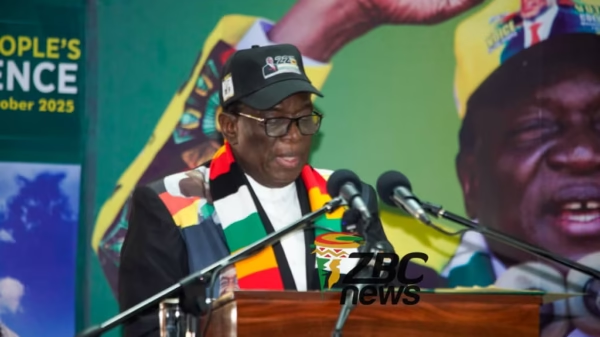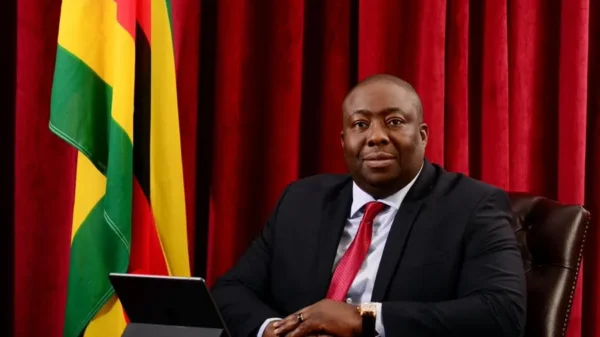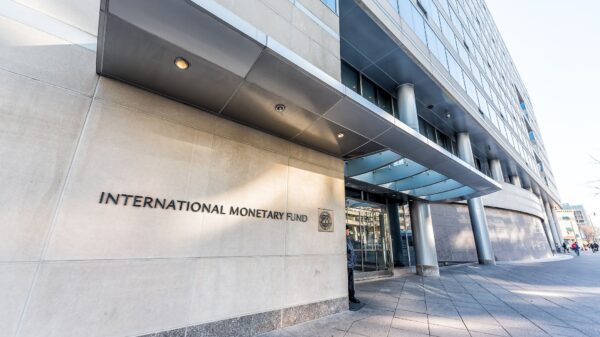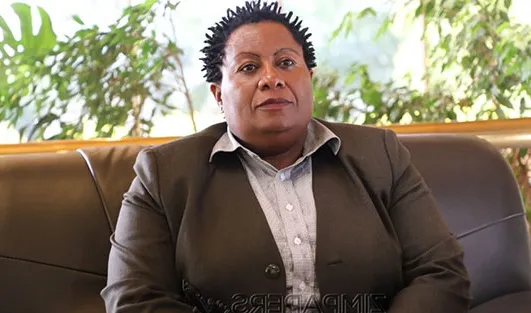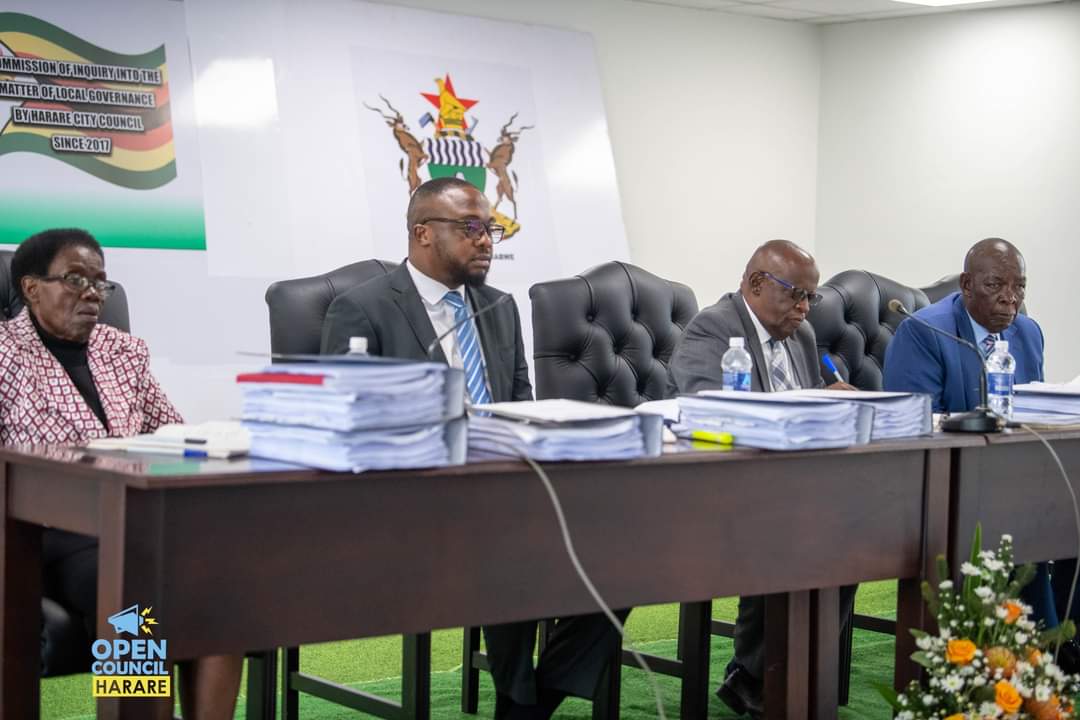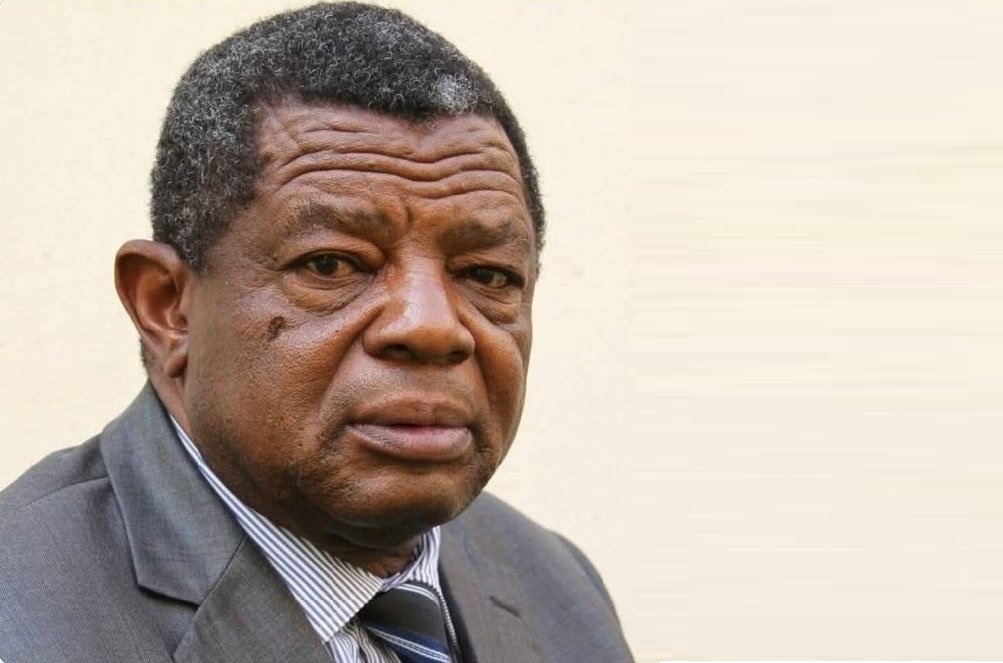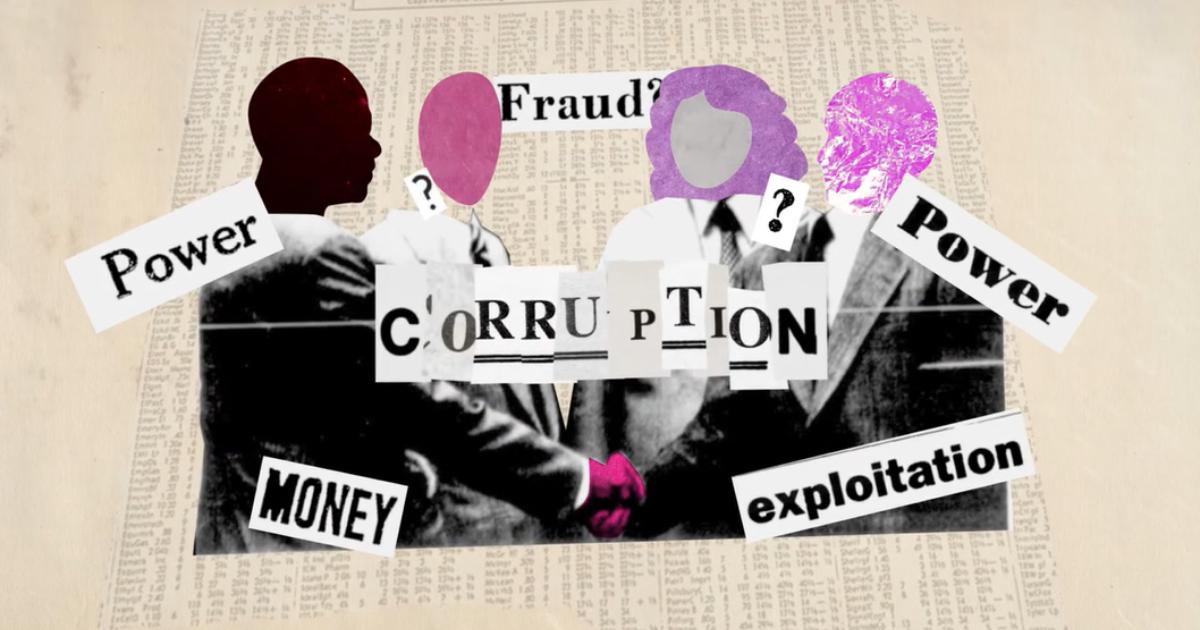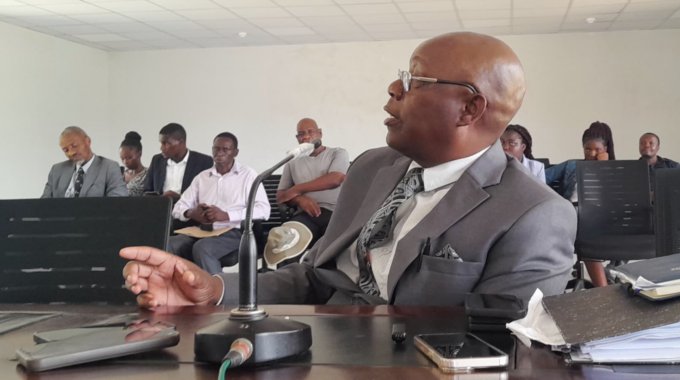Authorities in Zimbabwe are coming under increased scrutiny for their apparent inaction in pursuing Li Song, a Chinese national accused of orchestrating wildlife killings using cyanide.
Li disappeared in 2024 after being released on bail and has not been seen since.
Li was initially arrested by the Zimbabwe Anti-Corruption Commission (ZACC) on allegations of importing large quantities of cyanide under false declarations. The chemical, often used by poachers to kill elephants and other wildlife, was allegedly brought in without proper authorization. In August of last year, a Harare court issued a warrant for her arrest after she failed to attend a scheduled hearing, officially rendering her a fugitive.
Despite the gravity of the charges, law enforcement has been notably silent. Angeline Munyeriwa, a spokesperson for the National Prosecuting Authority, stated in a phone interview that the case file had been handed over to the police. “We’ve done our part by forwarding the arrest warrant. It’s now up to the police,” she said.
Repeated attempts to get a response from police spokesperson Commissioner Paul Nyathi have yielded no results since March. Authorities have not confirmed whether Li has fled the country or if Interpol is involved in the manhunt. This silence has fueled public suspicions that she may be receiving protection from influential figures.
Li, originally from Henan Province in China and born on January 20, 1972, moved to Zimbabwe in 2003. She initially worked as a translator for a Chinese construction company, China First, which she later acquired after its closure. Over the years, she became a familiar face among Zimbabwe’s political and business elite, allegedly claiming her father was a Chinese army general—a detail that may have contributed to her elevated status.
Some sources believe Li has enjoyed the backing of high-ranking officials, possibly explaining the slow pace of law enforcement efforts. Transparency International ranked Zimbabwe 158 out of 180 countries in its 2024 corruption index, underlining the broader concerns of institutional failure.
The charges against Li relate to her directorship at DGL9 Investments Pvt Ltd, a mining firm. She and a co-accused, Bernadette Mukuku, are accused of fraudulently declaring a shipment of cyanide and lime as duty-exempt, evading more than $40,000 in customs fees. Initially charged in Bulawayo under case number BCR05/03/24, the case was mysteriously transferred to Harare.
Meanwhile, cyanide continues to pose a deadly threat to Zimbabwe’s wildlife. Hwange National Park, home to over 50,000 elephants, has seen repeated cyanide poisonings. In 2013 alone, more than 300 elephants were killed using the toxic substance.
Nathan Webb of the Wildlife Conservation Coalition, which operates in northwestern Matabeleland, warned about the ecological toll of poison-based poaching. “Poison is not just deadly—it’s invisible and indiscriminate. Its ripple effects throughout the ecosystem are devastating,” he said.
Political activist and conservationist Elizabeth Valerio, who leads the United Zimbabwe Alliance, said the level of organization behind poaching operations suggests involvement by powerful players. She recounted trains stopping without notice in Hwange to collect ivory, possibly from elephants poisoned with cyanide. “These operations didn’t happen in a vacuum,” she said. “They were protected.”
Li has also been implicated in the controversial 2017 export of 100 elephant calves to China. She reportedly boasted of ties to the late President Robert Mugabe’s family. When asked about her alleged role in the exports, Zimbabwe Parks and Wildlife spokesperson Tinashe Farawo declined to comment, citing ongoing court proceedings. He did, however, confirm that elephant exports to China occurred between 2018 and 2019.
Beyond wildlife-related charges, Li faces multiple serious allegations. Her former partner, Italian businessman Francesco Marconati, has accused her of various financial crimes including fraud and money laundering. In 2022, he alleged that she forged documents linked to a South African chemical supplier and misappropriated over $800,000 from their joint ventures. None of these cases appear to have moved forward in the legal system.
Authorities have not indicated whether any meaningful efforts are being made to track her down. Li did not respond to emailed questions in April about whether she intends to return and face the charges.
In the meantime, Zimbabwe is considering reforms to its Wildlife and Parks Act that would, for the first time, impose penalties for using poison in poaching. Conservationists warn that without swift action, irreparable damage could be done to the country’s already fragile biodiversity.
Despite a litany of accusations—ranging from environmental crimes to financial fraud and even attempted murder—Li Song remains at large, and many fear that justice may never be served.

For comments, Feedback and Opinions do get in touch with our editor on WhatsApp: +44 7949 297606.











